Search
Search Results

Definition
William II of England
William II of England, sometimes called William 'Rufus' for his red hair and complexion, reigned as the king of England from 1087 to 1100 CE. The son of William the Conqueror (r. 1066-1087 CE), the younger William was loyal to his father...
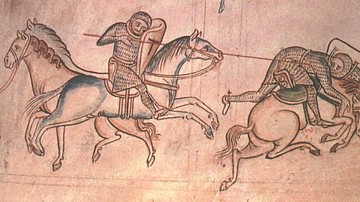
Definition
Sir William Marshal
The Englishman Sir William Marshal (c. 1146-1219 CE, aka William the Marshal), Earl of Pembroke, is one of the most celebrated knights of the Middle Ages. Renowned for his fighting skills, he remained undefeated in tournaments, spared the...
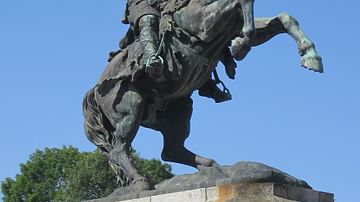
Definition
William the Conqueror
William the Conqueror (c. 1027-1087), also known as William, Duke of Normandy, led the Norman Conquest of England in 1066 when he defeated and killed his rival Harold Godwinson at the Battle of Hastings. Crowned King William I of England...
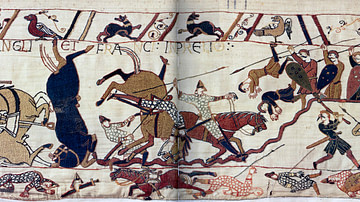
Definition
Norman Conquest of England
The Norman Conquest of England (1066-71) was led by William the Conqueror who defeated King Harold II at the Battle of Hastings in 1066. The Anglo-Saxon elite lost power as William redistributed land to his fellow Normans. Crowned William...
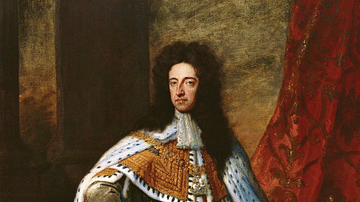
Definition
William III of England
William III of England (also William II of Scotland, r. 1689-1702) became king of England, Scotland, and Ireland after the Glorious Revolution of 1688. Protestant William, Prince of Orange, was invited to rule jointly with his wife Mary II...
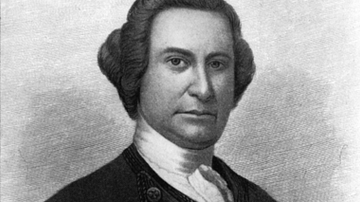
Definition
Sir William Johnson
Sir William Johnson, 1st Baronet (l. c.1715-1774) was a British military officer, diplomat, and Superintendent of Indian Affairs. He was instrumental in aligning the Native Americans of New York with the British during the French and Indian...
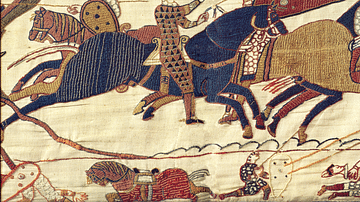
Definition
Odo of Bayeux
Odo of Bayeux (d. 1097 CE) was the bishop of Bayeux in Normandy and half-brother of William the Conqueror (r. 1066-1087 CE). After the Norman conquest of England in 1066 CE, Odo was given vast Anglo-Saxon estates and made, as the Earl of...
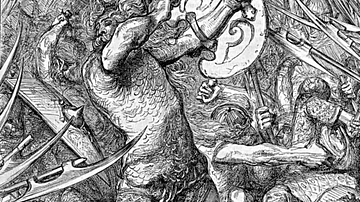
Article
William the Conqueror & the Ely Rebellion
By early 1070 CE William I (r. 1066-1087 CE) had almost completed the Norman conquest of England. There remained threats from the border regions with Wales and Scotland but the north of England had finally be subdued by the ruthless harrying...
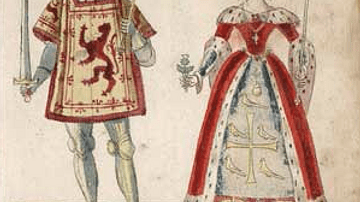
Definition
Malcolm III of Scotland
Malcolm III of Scotland (aka Máel Coluim mac Donnchada) reigned as king from 1058 to 1093 CE. He took the throne after his young predecessor Lulach (r. 1057-1058 CE), the stepson of Macbeth, king of Scotland (r. 1040-1057 CE), was...
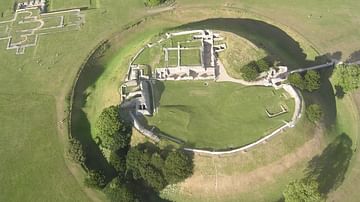
Article
The Impact of the Norman Conquest of England
The Norman conquest of England, led by William the Conqueror (r. 1066-1087 CE) was achieved over a five-year period from 1066 CE to 1071 CE. Hard-fought battles, castle building, land redistribution, and scorched earth tactics ensured that...